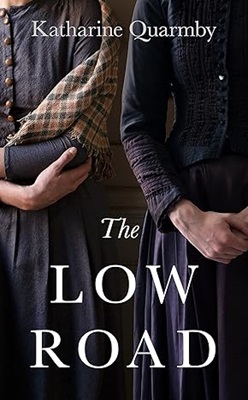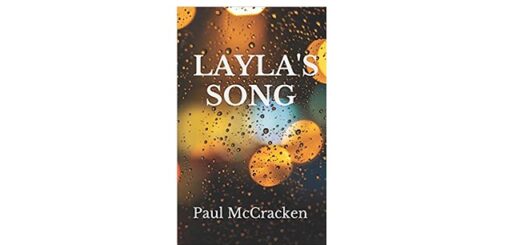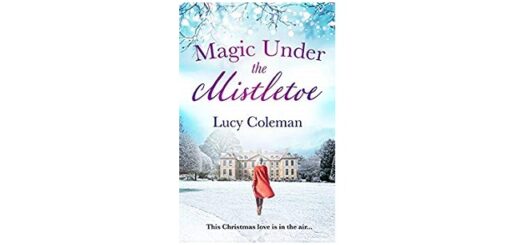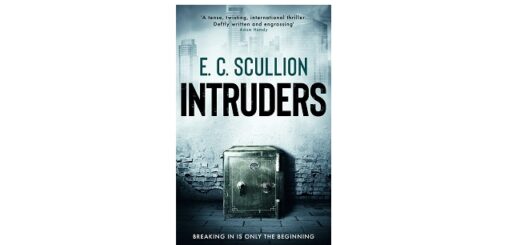The Low Road by Katharine Quarmby – Book Review
The Low Road by Katharine Quarmby – Book Review
- Author – Katharine Quarmby
- Publisher – Unbound
- Release Date – 22nd June 2023
- Pages – 400
- ISBN 13 – 978-1800182394
- Format – ebook, paperback
- Star Rating – 4.5
This post contains affiliate links.
Synopsis
Norfolk, 1813. In the quiet Waveney Valley, the body of a woman – Mary Tyrell – is staked through the heart after her death by suicide. She had been under arrest for the suspected murder of her newborn child. Mary leaves behind a young daughter, Hannah, who is later sent away to the Refuge for the Destitute in London, where she will be trained for a life of domestic service.
It is at the Refuge that Hannah meets Annie Simpkins, a fellow resident, and together they forge a friendship that deepens into passionate love. But the strength of this bond is put to the test when the girls are caught stealing from the Refuge’s laundry, and they are sentenced to transportation to Botany Bay, setting them on separate paths that may never cross again.
Drawing on real events, The Low Road is a gripping, atmospheric tale that brings to life the forgotten voices of the past – convicts, servants, the rural poor – as well as a moving evocation of love that blossomed in the face of prejudice and ill fortune.
Review by Julie
‘The Low Road’ is a historical novel from the pen of British-based author, Katharine Quarmby. It’s the moving story of Hannah Tyrell who was born out of wedlock in Regency England to a loving mother, who paid a terrible price after having been abused. The story is told solely from the perspective of Hannah, sometimes in the present tense and sometimes in the past. After her mother’s death, Hannah’s life takes a downward spiral, leading first to her entering a home for the destitute and then prison. We witness her struggles as she tries to survive and also sympathise with her desire to find out who was responsible for her mother’s ill-treatment which ultimately led to her suicide.
After another spell of incarceration, Hannah journeys to the other side of the world to Australia and arrives in Sydney Cove where her new life begins.
There are references to various people, events and institutions, which helps pinpoint the action in history. Some of the descriptive passages are quite harrowing to read with the fear of the workhouse ever-present for those who could not support themselves. It is tribute to the skill of the author that she is able to create an atmosphere which may well educate and shock in equal measure.
We are presented with a stark reminder of the powerlessness of the poor in a world where influence and status go hand-in-hand with injustice and cruelty. A world filled with hunger and disease, where death of the downtrodden is inevitable and hardly noteworthy. Whilst there is a lot of darkness, this book is far from depressing as there are glimmers of light provided by social reformers and some kind-hearted folk who see the best in Hannah.
When writing across a time span, there is a need for balance between detailed events and brief narrative and this obviously creates pacing challenges for any author. There were a few areas where arguably more depth might have added to overall impact but I appreciate the
difficulty in achieving this whilst maintaining momentum and being mindful of word count.
I was surprised that Hannah was still in education and considered to be a child at the age of fourteen, particularly as she was at the lowest end of the social scale. At this time, the first Education Act, making it compulsory for children to attend school between the ages of five and thirteen, was still over half a century away. However, I read in the acknowledgements that this story was the result of painstaking research from secondary data.
I think fans of this genre will thoroughly enjoy Hannah’s resolute tale of survival with its powerful social history messages and award four-and-a-half stars.
Purchase Online:
Katharine Quarmby

Katharine Quarmby has written non-fiction, short stories and books for children and her debut novel, The Low Road, is published by Unbound in 2023. Her non-fiction works include Scapegoat: Why We Are Failing Disabled People (Portobello Books, 2011) and No Place to Call Home: Inside the Real Lives of Gypsies and Travellers (Oneworld, 2013). She has also written picture books and shorter e-books.
She is an investigative journalist and editor, with particular interests in disability, the environment, race and ethnicity, and the care system. Her reporting has appeared in outlets including the Guardian, The Economist, The Atlantic, The Times of London, the Telegraph, New Statesman and The Spectator. Katharine lives in London.
Katharine also works as an editor for investigative journalism outlets, including Investigative Reporting Denmark and the Bureau of Investigative Journalism.






